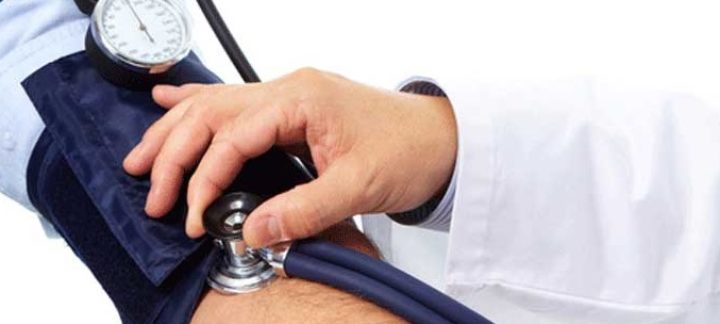Blood Pressure: Know Your Numbers

During an appointment, providers collect data such as your weight, temperature, pulse and blood pressure in order to assess health and track progress. It can feel like a numbers soup! Perhaps your nurse mentioned that your blood pressure was a little high but you misplaced the paperwork, can’t recall the exact numbers and just how high is too high anyway? Remember, you are your own best advocate and knowing your blood pressure numbers is key to controlling high blood pressure and safeguarding your health.
Systolic/Diastolic: Your blood pressure is composed of two numbers: the upper number is your systolic blood pressure which indicates how much pressure your blood is exerting against your artery walls as your heart beats. This number can increase with age due to increasing stiffness of artery walls and plaque build-up and is the number that can be most concerning as a major risk factor for cardiovascular disease in people over 50. The lower number is your diastolic blood pressure which measures how much pressure your blood is exerting against your artery walls as your heart is resting between beats. If either of these numbers is high, you may be diagnosed with high blood pressure. Studies show that the risk of death from heart disease and stroke increases as these numbers increase, doubling with every 20 point systolic increase or 10 point diastolic increase in patients 40-89 (heart.org).
So what is considered too high? There are five blood pressure categories:
- Normal blood pressure: Less than 120/80
- Elevated: readings range consistently between 120-129 for systolic and less than 80 for diastolic. Providers may suggest lifestyle changes such as diet and exercise.
- Hypertension Stage 1: readings range consistently between 130-139 for systolic or 80-89 for diastolic. Blood pressure medication may be prescribed and lifestyle changes suggested.
- Hypertension Stage 2: readings range consistently at 140/90 or higher. Blood pressure medication is prescribed and lifestyle changes suggested.
- Hypertensive crisis: readings higher than 180/120 require medical attention. Other symptoms may include chest pain, shortness of breath, back pain, numbness/weakness, difficulty speaking. Don’t wait- call 9-1-1.
When high blood pressure is uncontrolled it can lead to complications such as stroke, heart failure, heart attack, vision loss, erectile dysfunction and kidney failure.
Do you know your numbers? Make an appointment today to speak with a HopeHealth provider and learn more.